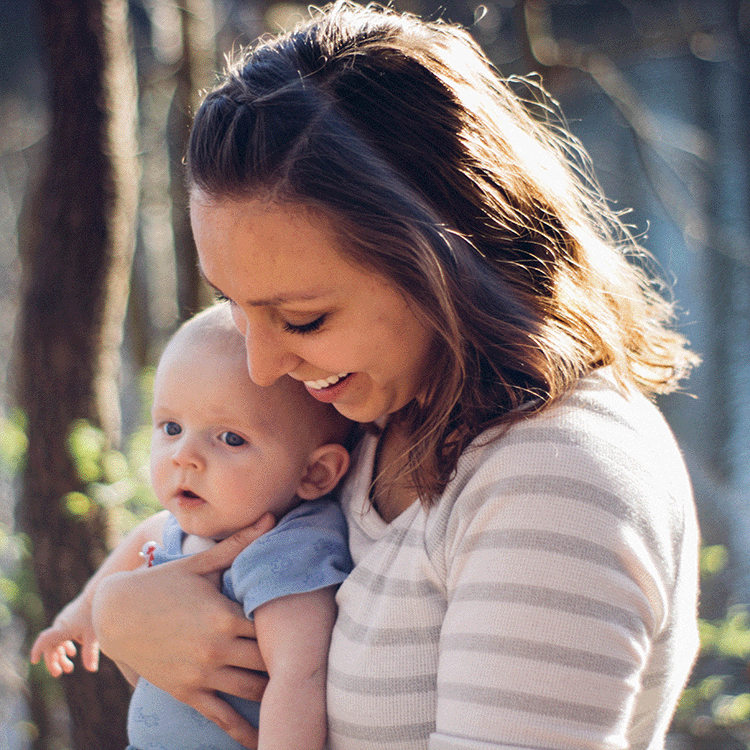Search
Showing results for "clinical trials"
Research
Preparing for prevention: Assessing the community awareness of RSV and other childhood infectionsRespiratory Syncytial Virus (RSV) is one of the most common reasons babies are admitted to hospital – with Aboriginal and preterm infants at greatest risk.

The vision of the Nutrition in Early Life team is to work together with the community to produce quality research, for improving our knowledge of how a mother’s diet during pregnancy and breastfeeding can improve both her and her child’s health.
Research
Associations between sun exposure, skin pH, and epidermal permeability in pregnancy: A longitudinal observational studyLittle is known about how sun exposure may affect the maternal skin barrier during pregnancy when many hormonal and physiological changes occur. In this longitudinal observational study, 50 pregnant women were recruited at 18-24 weeks' gestation, 25 in summer-autumn, and 25 in winter-spring. At three time points in pregnancy at 18-24, 28-30, and 36-38 weeks' gestation, participants completed a validated sun exposure questionnaire and had skin permeability and surface pH measured on the volar forearm.
Research
The contribution of viruses and bacteria to community-acquired pneumonia in vaccinated children: A case - Control studyRespiratory viruses, particularly respiratory syncytial virus and human metapneumovirus, are major contributors to pneumonia in Australian children
Research
Efficacy of DYRK1A inhibitors in novel models of Down syndrome acute lymphoblastic leukemiaDespite significant advances, outcomes for children with Down syndrome (DS, trisomy 21) who develop acute lymphoblastic leukemia remain poor. Reports of large DS-ALL cohorts have shown that children with DS have inferior event-free survival and overall survival compared to children without DS.
Research
Simultaneous Targeting of DNA Replication and Homologous Recombination in Glioblastoma with a Polyether IonophoreOur findings highlight the potential of salinomycin to induce DNA lesions and inhibit homologous recombination to greatly enhance the effect of radiotherapy
Research
Novel GABAAR antagonists target networked gene hubs at the leading-edge in high-grade gliomasIon channel activity underlying biological processes that drive high-grade gliomas (HGG) is largely unknown. We aimed to determine the networking of ion channel genes and validate their expression within HGG patient tumors, to identify ion channel-targeting drugs that would inhibit tumor-promoting processes.
Research
Effect of blood glucose levels on the amount of glucose needed to maintain stable blood glucose levels during and after moderate intensity exercise in young people with type 1 diabetesDetermining if hyperglycaemia prior to and during exercise affects the amount of carbohydrate required to maintain stable glucose levels during/after exercise
Research
Variants of Streptococcus pneumoniae Serotype 14 from Papua New Guinea with the Potential to Be Mistyped and Escape Vaccine-Induced ProtectionStreptococcus pneumoniae (the pneumococcus) is a human pathogen of global importance, classified into serotypes based on the type of capsular polysaccharide produced. Serotyping of pneumococci is essential for disease surveillance and vaccine impact measurement.
Research
COVID-19 and changes in the National Immunisation Program: a unique opportunity to optimise the Australian Immunisation Register (AIR)Christopher Blyth MBBS (Hons) DCH FRACP FRCPA PhD Centre Head, Wesfarmers Centre of Vaccines and Infectious Diseases; Co-Head, Infectious Diseases
